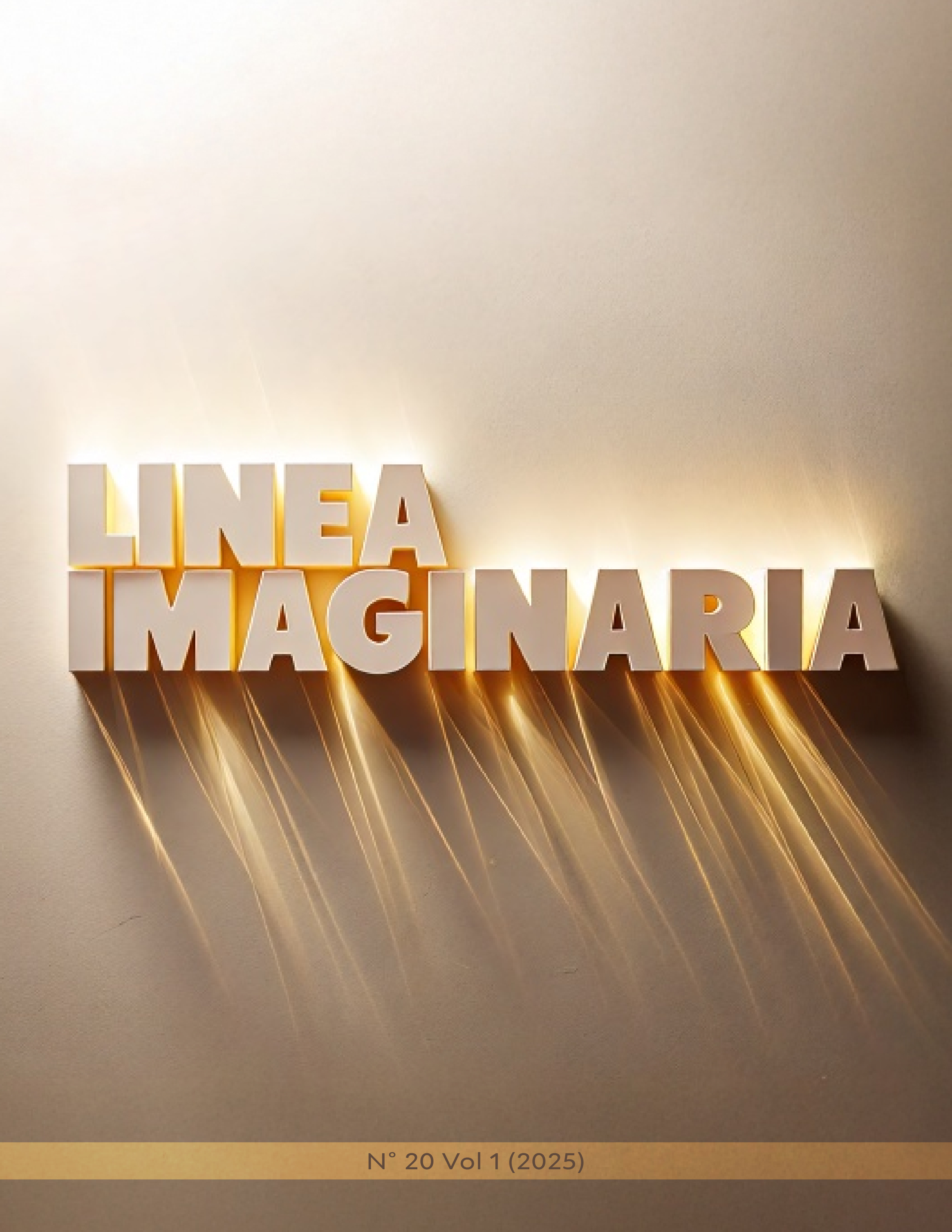EVALUATING THE USE OF AN ENGLISH TEXT IN A PUBLIC EDUCATIONAL INSTITUTION FROM THE PERSPECTIVE OF NINTH-GRADE STUDENTS
DOI:
https://doi.org/10.56219/lneaimaginaria.v1i20.3722Keywords:
textbook, evaluation, opinionAbstract
There is an interest from the teachers to improve the impact of teaching in English in the students. Teachers use different strategies to achieve this objective, one of them is to use a textbook to guide the teaching practice, but it is important to evaluate the impact and opinions of the textbooks used in English classes, a task that is often forgotten. This article evaluates the opinions and impact of textbook used in a public school and in students of ninth grade. To collect the information of this objective, it was applied a questionnaire to students and then the information was analyzed. A literature review about evaluating textbooks and their importance in the school is showed. The findings show that students see the use of a textbook very useful in their process of learning English. Advantages and disadvantages were found such as how useful the textbook is and economic problems to buy the textbook.
Downloads
References
Balachandran, D. (2014) Criteria-based Post-use Evaluation of English Textbooks. International Journal of English Language, Literature and Humanities. Volume II, Issue V p.72-86.
Cruz, M. (2019) Los criterios de calidad de los textos escolares de comunicación del V ciclo. Recuperado de https://revistas.unife.edu.pe/index.php/ educacion/article/download/1774/1781/5369
Facultad de Educación (2022) La investigación descriptiva con enfoque cualitativo. Tomado de https://files.pucp.education/facultad/educacion/wp-content/uploads/2022/04/28145648/GUIA-INVESTIGACION-DESCRIPTIVA-20221.pdf
Khalali, M. and Jodai, H (2012) Evaluation of Worldview; taught at a military university. Download form https://files.eric.ed.gov/fulltext/ED529148.pdf July 3, 2018.
Kirgöz, Y. (2009) Evaluating the English textbooks for young learners of English at Turkish primary Education. Procedia – Social and Behavioral Sciences 1 p. 79-83. DOI: https://doi.org/10.1016/j.sbspro.2009.01.016
Litz, D.R.A. (2007). Textbook evaluation and ELT management: A South Korean case study. Asian EFL journal pp.1-53. Retrieved from http://www.asian-efl-journal.com/Litz_thesis.pdf
Lizasoain, A, y Vargas, J. (2023) Percepciones de los docentes de inglés chilenos acerca de los libros de texto utilizados en establecimientos escolares públicos y privados en Chile. ¿Recuperado de http://www.scielo.cl/scielo.php? script=sci_arttext&pid=S0718-45652023000100035 DOI: https://doi.org/10.31619/caledu.n58.1274
Mohammadi, M. and Abdi, H. (2014) Textbook evaluation: a case study. Procedia – Social and Behavioral Sciences 98 p. 1148–1155. DOI: https://doi.org/10.1016/j.sbspro.2014.03.528
Páez, T y otros. (2012) Evaluación en aula de textos escolares: ¿una estrategia posible? Estudios Pedagógicos, vol. XXXVIII, núm. 2, diciembre, 2012, pp. 243-257 Universidad Austral de Chile Valdivia, recuperado https://www.redalyc.org/articulo.oa?id=173524998014 Ramírez, T. (2003) El texto escolar: una línea de investigación en educación. Revista de Pedgogía V.24 N. 70. ¿Tomado de https://ve.scielo.org/ scielo.php?script=sci_arttext&pid=S0798-97922003000200003 Tosi, C (2011). El texto escolar como objeto de análisis. Un recorrido a través de los estudios ideológicos, didácticos, editoriales y lingüísticos.
Downloads
Published
How to Cite
Issue
Section
License
Copyright (c) 2025 LÍNEA IMAGINARIA

This work is licensed under a Creative Commons Attribution-NonCommercial-ShareAlike 4.0 International License.
La revista Línea Imaginaria conserva los derechos patrimoniales (copyright) de las obras publicadas, que favorece y permite la reutilización de los mismos bajo la licencia Creative Commons Atribución-NoComercial-CompartirIgual 4.0 , por lo cual se pueden copiar, usar, difundir, transmitir y exponer públicamente, siempre que se cite la autoría y fuente original de su publicación (revista, editorial, URL y DOI de la obra), no se usen para fines comerciales u onerosos y se mencione la existencia y especificaciones de esta licencia de uso. Si remezcla, transforma o crea a partir del material, debe distribuir su contribución bajo la misma licencia del original.













